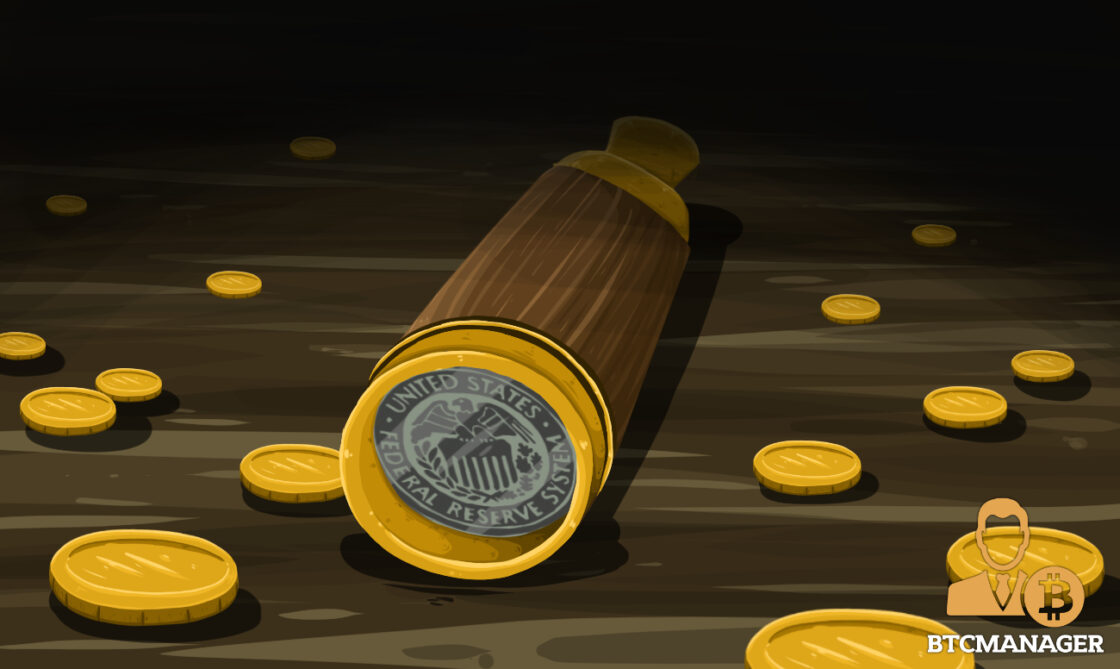PALO ALTO, Calif. (Reuters) - The Federal Reserve is looking at a broad variety of problems around digital payments and currencies, including policy, design and legal factors to consider around potentially issuing its own digital currency, Guv Lael Brainard said on Wednesday. Brainard's remarks suggest more openness to the possibility of a Fed-issued digital coin than in the past." By transforming payments, digitalization has the prospective to deliver greater value and benefit at lower cost," Brainard said at a conference on payments at the Stanford Graduate School of Organization.
Reserve banks worldwide are debating how to manage digital finance technology and the dispersed ledger systems utilized by bitcoin, which guarantees near-instantaneous payment at possibly low expense. The Fed is establishing its own round-the-clock real-time payments and settlement service and is presently examining 200 remark letters sent late last year about the proposed service's style and scope, Brainard stated.
Less than two years ago Brainard informed a conference in San Francisco that there is "no engaging showed requirement" for such a coin. But that was before the scope of Facebook's digital currency aspirations were commonly known. Fed officials, including Brainard, have actually raised issues about consumer protections and information and privacy risks that might be posed by a currency that might enter use by the third of the world's population that have Facebook accounts.

" We are teaming up with other reserve banks as we advance our understanding of reserve bank digital currencies," she stated. With more nations looking into releasing their own digital currencies, Brainard said, that includes to "a set of factors to also be making certain that we are that frontier of both research study and policy advancement." In the United States, Brainard said, problems that need research study consist of whether a digital currency would make the payments system more secure or easier, and whether it could pose financial stability threats, consisting of the possibility of bank runs if cash can be turned "with a single swipe" into the reserve bank's digital currency.
To counter the financial damage from America's unprecedented national lockdown, the Federal Reserve has actually taken extraordinary actions, consisting of flooding the economy with dollars and investing directly in the economy. Many of these relocations got grudging acceptance even from many Fed doubters, as they saw this stimulus as required and something just the Fed might do.
My new CEI report, "Government-Run Payment Systems Are Risky at Any Speed: The Case Versus Fedcoin and FedNow," details the threats of the Fed's existing prepare for its FedNow real-time payment system, and proposals for central bank-issued cryptocurrency that have actually been dubbed Fedcoin or the "digital dollar." In my report, I go over concerns about privacy, information security, currency adjustment, and crowding out private-sector competitors and innovation.
Supporters of FedNow and Fedcoin say fed coin price the government must create a system for payments to deposit quickly, instead of motivate such systems in the private sector by lifting regulative barriers. But as noted in the paper, the personal sector is providing a seemingly unlimited supply of payment technologies and digital currencies to solve the problemto fedcoin price today the degree it is a problemof the time space in between when a payment is sent out and when it is gotten in a bank account.
And the examples of private-sector innovation in this area are numerous. The Cleaning House, a bank-held cooperative that has actually been routing interbank payments in different kinds for more than 150 years, has actually been clearing real-time payments since 2017. By the end of 2018 it was covering half of the deposit base in the U.S.